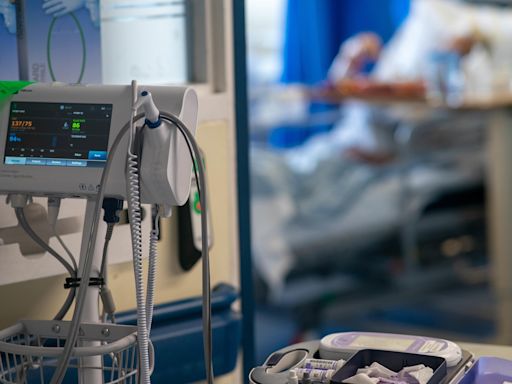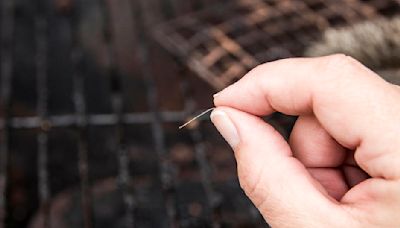Search results
Feb 8, 2023 · Sepsis symptoms can range from mild to severe. Complications are more likely in severe cases. These complications can include: blood clots. an increased risk of infection. tissue death ( gangrene ...
Feb 1, 2024 · Doctors used to categorize sepsis in three stages: Sepsis: Symptoms include fever, fast heart rate, fast breathing, confusion, and body pain. Severe sepsis: Symptoms of sepsis, plus difficulty ...
CDC is working to prevent and control sepsis, the body's extreme and life-threatening response to an infection. ... Sepsis is a medical emergency. Learn the risks, spot the signs and symptoms, and act fast. Mar. 8, 2024. Managing Recovery from Sepsis. ... Protect yourself and your loved ones from infections that can lead to sepsis with these ...
M – Mental decline – confused, sleepy, difficult to rouse. Sepsis can affect your mental status. Some people, especially the elderly, may not show typical signs of infection. Instead, they may show a sudden change in mental status, becoming confused, or a worsening of dementia and confusion. Sleepiness, often severe, is also a common complaint.
- www.who.int
- › Newsroom
- › Fact sheets
- › Detail
May 3, 2024 · Common signs of sepsis include fever, fast heart rate, rapid breathing, confusion and body pain. It can lead to septic shock, multiple organ failure and death. Sepsis is usually caused by bacterial infections but may be the result of other infections such as viruses, parasites or fungi. Its treatment requires medical care, including the use of ...
Feb 10, 2023 · Different medications are used in treating sepsis and septic shock. They include: Antibiotics. Treatment with antibiotics begins as soon as possible. Broad-spectrum antibiotics, which are effective against a variety of bacteria, are often used first. When blood tests results show which germ is causing the infection, the first antibiotic may get ...
Nov 13, 2023 · Sepsis happens when an infection you already have triggers a chain reaction throughout your body. Bacterial infections are the most common cause, but other types of infections can also cause it. The infections are often in the lungs, stomach, kidneys, or bladder. It's possible for sepsis to begin with a small cut that gets infected or with an ...




